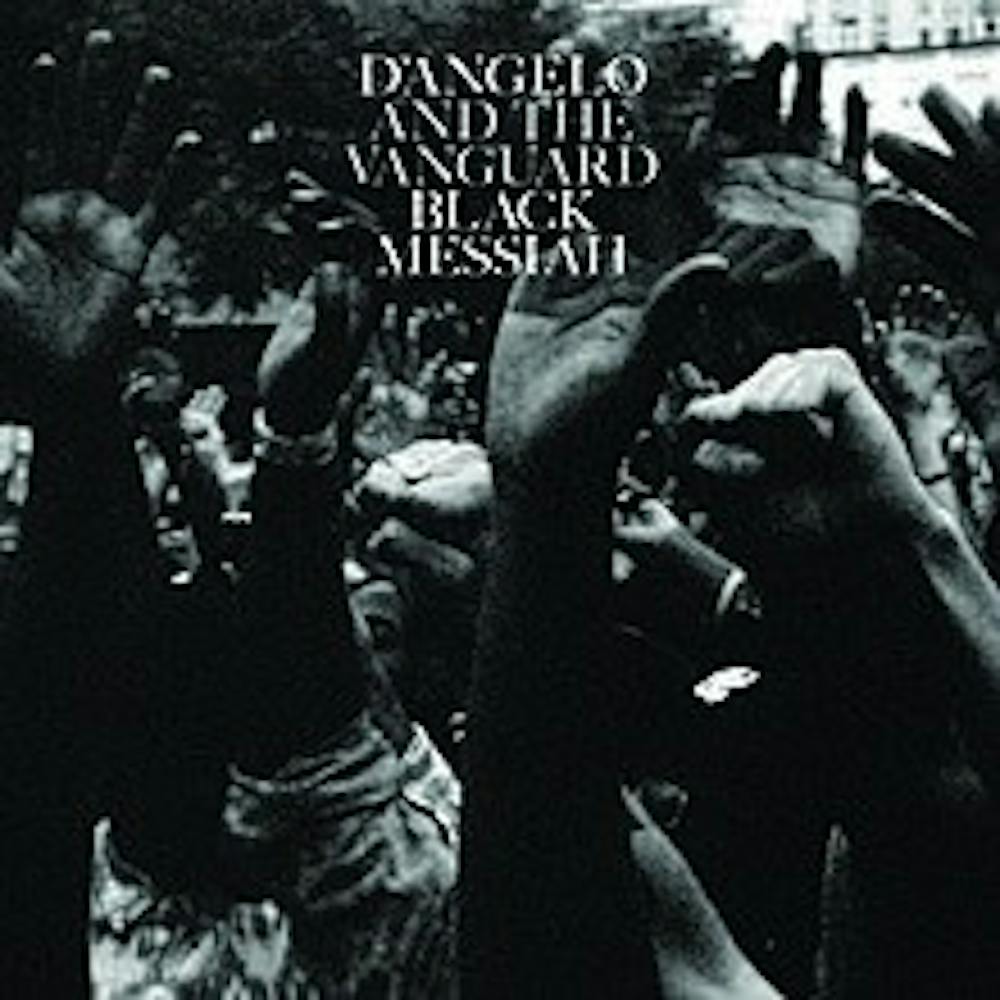Buried in obscurity for the past 14 years, R&B singer D'Angelo has resurfaced — his new record, “Black Messiah,” presenting a tempestuous blend of funk, soul, rock and gospel.
But “Black Messiah” is more than just a comeback record. It also offers the singer's personal commentary on current events.
"[Black Messiah] is about people rising up,” D’Angelo said in a statement released last December. “[It’s about] rising up in Ferguson and in Egypt and in Occupy Wall Street — and in every place where a community has had enough and decides to make change happen."
Given this uproarious context, it is interesting the album is far from sonically uproarious itself. D'Angelo — along with the Vanguard, the band with whom the record is partially credited — has deftly sidestepped any attempt to create the feel of real disorder, presenting us instead with confidently coordinated chaos.
A prime example of this coordinated chaos is track “1000 Deaths,” which opens with a bombastic sermon, builds upon a tense, bumbling bass line, and adheres to a structure as distorted as D'Angelo's layered vocals. Even so, the track is mastered such that all of its disparate sounds stay more or less balanced with one another, creating a static and beautiful cacophony. "It's war," D'Angelo croons during the song’s chorus. Listening to the track, one is certainly left with that impression.
It takes skill to render such chaos as melody. Skill, fortunately, is in no short-supply on a record that features accomplished session artists like Pino Palladino on bass and James Gadson on drums. Both demonstrate their skills most acutely on track “Sugah Daddy.” An infectious funk strut with a curious gospel flare, the track sees D'Angelo at his most carnal, singing, as he does, of a sultry femme fatale with "brown eyes that make you blue" and of the "satin lace covering her charms." Ultimately, though, the strength and appeal of the song lies less with its carnal content and more with its playfulness.
On “Black Messiah,” we witness an artist at play, experimenting freely with different sounds and structural arrangements. Listeners are struck by the g-funk vocal intro to the song “Ain't That Easy,” caught off guard by the Spanish guitar on “Really Love,” and captivated by the audible warfare of “1000 Deaths.” Such musical experimentation — executed with extreme deftness — lends itself to a surprising and thrilling listen.
In the second half of the album, however, this creative experimentation and the overall thrill it engenders does somewhat wane. Tracks such as “The Door” and “Back to the Future Pt. 2” feel stagnant — additions to a record which would have survived well enough without them.
Minor gripes aside, for its sheer musical virtuosity and emotional depth, “Black Messiah” stands as one of the best albums to be released in some years. The record is a testament not only to D’Angelo’s creativity and artistry, but also to his love for the music he makes. Perhaps, the latter explains the glowing reviews the record has received since its release. It is easy to love a record that sounds as if it were made with love.





